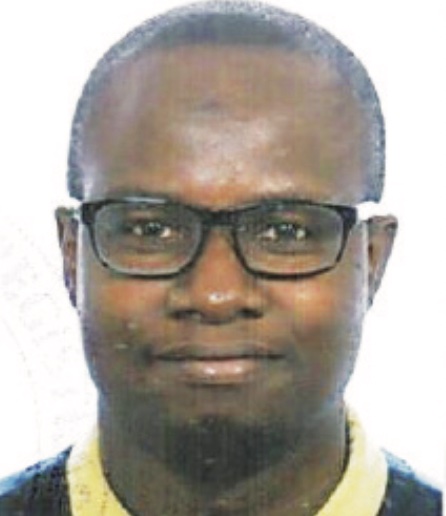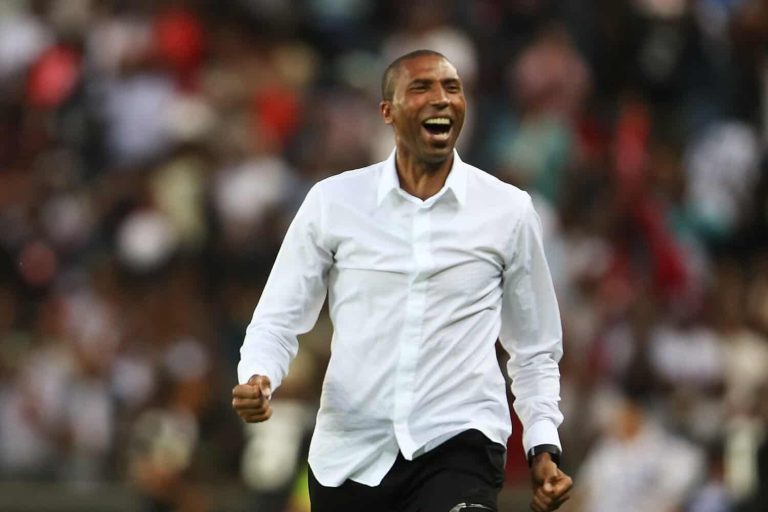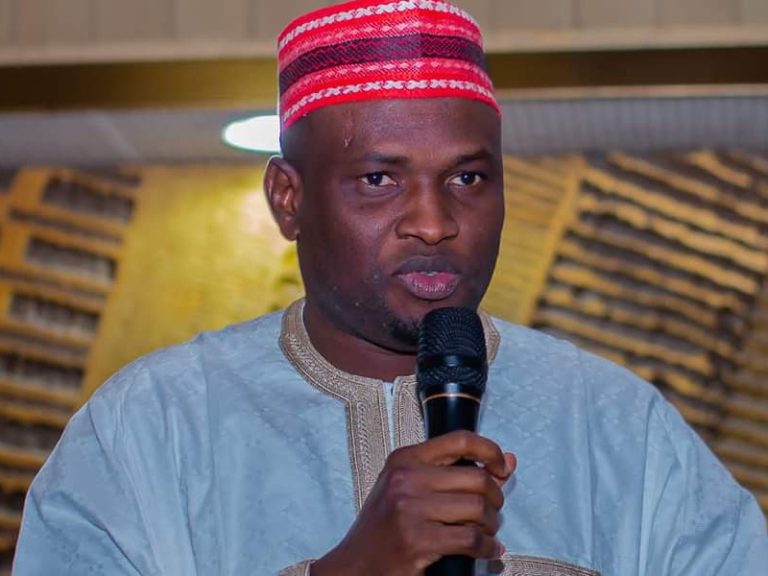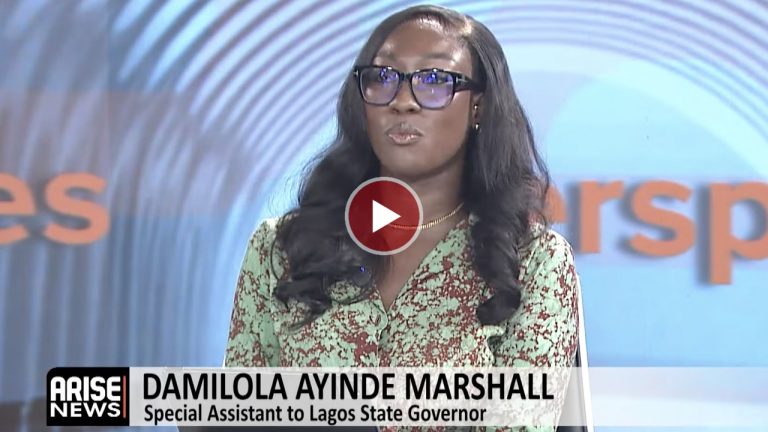
Screenshot

Many people have called businessman Hamis Kiggundu a front – a face for powerful people in government trying to own Kampala.
I will be more generous: Bwana Kiggundu is simply a businessman enjoying windfall support from the state. In principle, all businesspeople need this type of support from their government.
But in practice, Mr. Kiggundu is unfairly enjoying it alone, while also being unsophisticated about it. In the process, he has hurt not just an entire ecosystem, but has endangered other people’s lives.
Kiggundu has not only unlimited access to the president and his ministers, but also has absolute support from the security establishment – and strangely, criminal gangs. How he managed to garner these connections is a story for another day.
But what is unmistakable is that he has managed to make us envious and angry at the same time. When you watch his promotional videos, brother Kiggundu is promoting local capital.
For socialist-Marxists like myself – die-hard advocates of promoting local entrepreneurs – this is music to our ears. Indeed, even under an extreme capitalist modernity, capital cannot reproduce itself without the explicit, oftentimes, violent support from the state.
All these international corporations (Total, Glencore, MTN, Airtel, Shell, CCC, Barclays, Apple, etc.) marauding the African continent are only successful because of the protective and aggressive support of their governments.
It is an old colonial model: Imperial British East African Company (IBEACO), or Imperial British India Company, would only exploit the world with the help of the colonial governments.
In truth, the support that Hamis Kiggundu is enjoying is a necessary fact of all capital investments. Every entrepreneur wishes they had the same access as brother Kiggundu. Even just half of it.
An earlier businessman, Hassan Bassajjabalaba – also of markets – enjoyed the same amount of privilege and access. As advocate Isaac Ssemakadde revealed, this businessman would borrow from commercial banks with ‘letters of support’ from the governor of Bank of Uganda.
Were he to default on his loans, Bank of Uganda had guaranteed to meet the obligations on his behalf. The truth is that while Museveni’s government haphazardly chooses the people and businesses to support, supporting them is a principle true of successful business empires.
But the half-heartedness and coyness with which Museveni goes about this principle has instead been injurious to us all.
MUSEVENI’S COY EMBRACE
One would indeed expect that after 40 years in power – if Yoweri Museveni had clarity of vision – Uganda ought to have more than 100 Hamis Kiggundus thriving in different sectors.
He has to have super rich friends who not only support his politics, but also create jobs and keep money in the economy. But he has neither. Isn’t it an ugly sight seeing Museveni’s old friends standing in electoral positions for their livelihood?
Or when they wait in dark corners during national budget readings for deals and cuts? Isn’t it ugly that our so-called rich are simply board members of major foreign corporations creaming Uganda’s wealth?
Yes, brother Hamis Kiggundu is as broke as many of Museveni’s friends. They simply have a little more disposable cash, which also affords them a little investment. The problem has always been Museveni’s disbelief in creating wealth among his compatriots, and his entanglements with foreign capital.
On the one hand, he sees them as political competition – ungovernable rich – and on the other, his monopolistic entanglements with foreign capital over key sectors of the economy.
This explains the closure of all native banks since 1994, where Governor Tumusiime-Mutebile, who doubled as a consultant for World Bank, closed all native-owned banks without minutes – as parliament would learn in 2021.
This explains why beyond Sudhir Ruparelia, the next supposedly rich friend Museveni has is Hamis Kiggundu. End of list. Thus, what we see as men and women being supported to do business are but lukewarm embraces. He is happy to support them, but not so much.
Like he was forced to help them! Maybe much more when they come with a blood relation. This explains why it has to be his brother Gen Salim Saleh to spearhead the so-called ‘wealth creation’ projects, and Gen Saleh is also a major industrialist! Why would this be the case?
COMPETING WITH CO-POOR
There is no way I am president of a country for 40 years, and my closest friends or family members don’t own some of the biggest banks in the country; the biggest telecoms; the biggest mass transport system; gold mines, and coffee export businesses.
Why would I take the energy sector away from government and pass it to Umeme? There is no way I am letting all these key sectors to be dominated by foreigners. Why don’t we have mega construction companies competing with Turks and Chinese?
I would rather govern for 10 years but leave behind established businesses that can outlive my reign. (I will never understand why Museveni decided to close Crane bank, perhaps the only truly-owned local bank).
Those old enough recall Christopher Ssembuya and Wilberforce Buwule of Ssembule Investments (most notable for the radio sets they made). These were established businessmen with pedigree in business.
But Yoweri Museveni’s government could not support them. We all recall former Bank of Uganda Governor Dr Suleiman Kiggundu, who at the advent of privatization, decided to open a private bank, Greenland bank.
Governor Tumusiime-Mutebile simply collapsed it, leaving the banking space exclusive to foreign banks. Instead of supporting businesses with big monies – in billions of daily earnings – the profile of the men and women Museveni has chosen to support leave a lot to be desired.
They are busy wrangling with the wretched of the earth: in market squares seeking to outcompete their co-poor. They are fighting over markets, market compounds, animal slaughterhouses – and drainage channels! Kwegamba.
yusufkajura@gmail.com
The author is a political theorist based at Makerere University.



